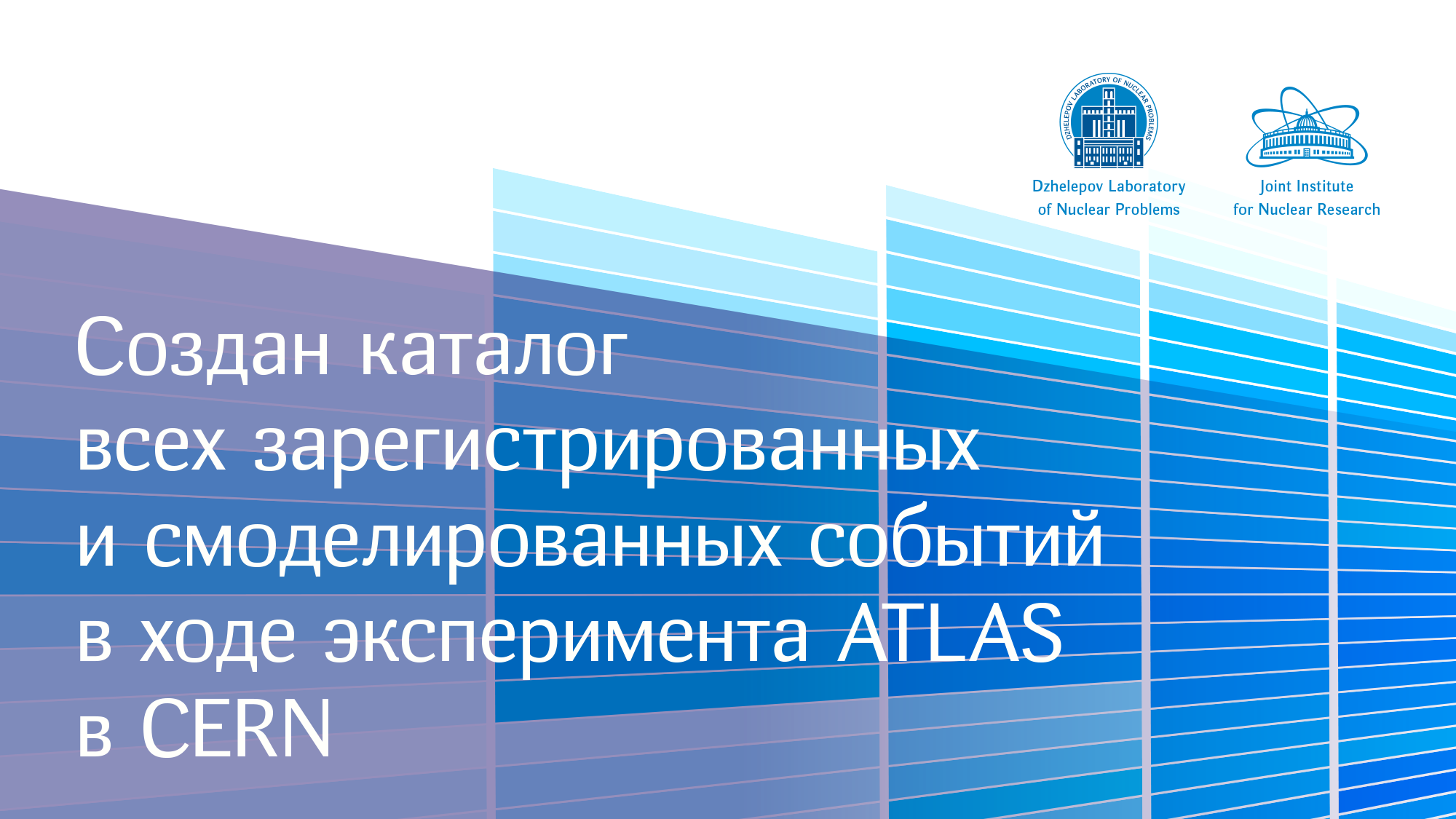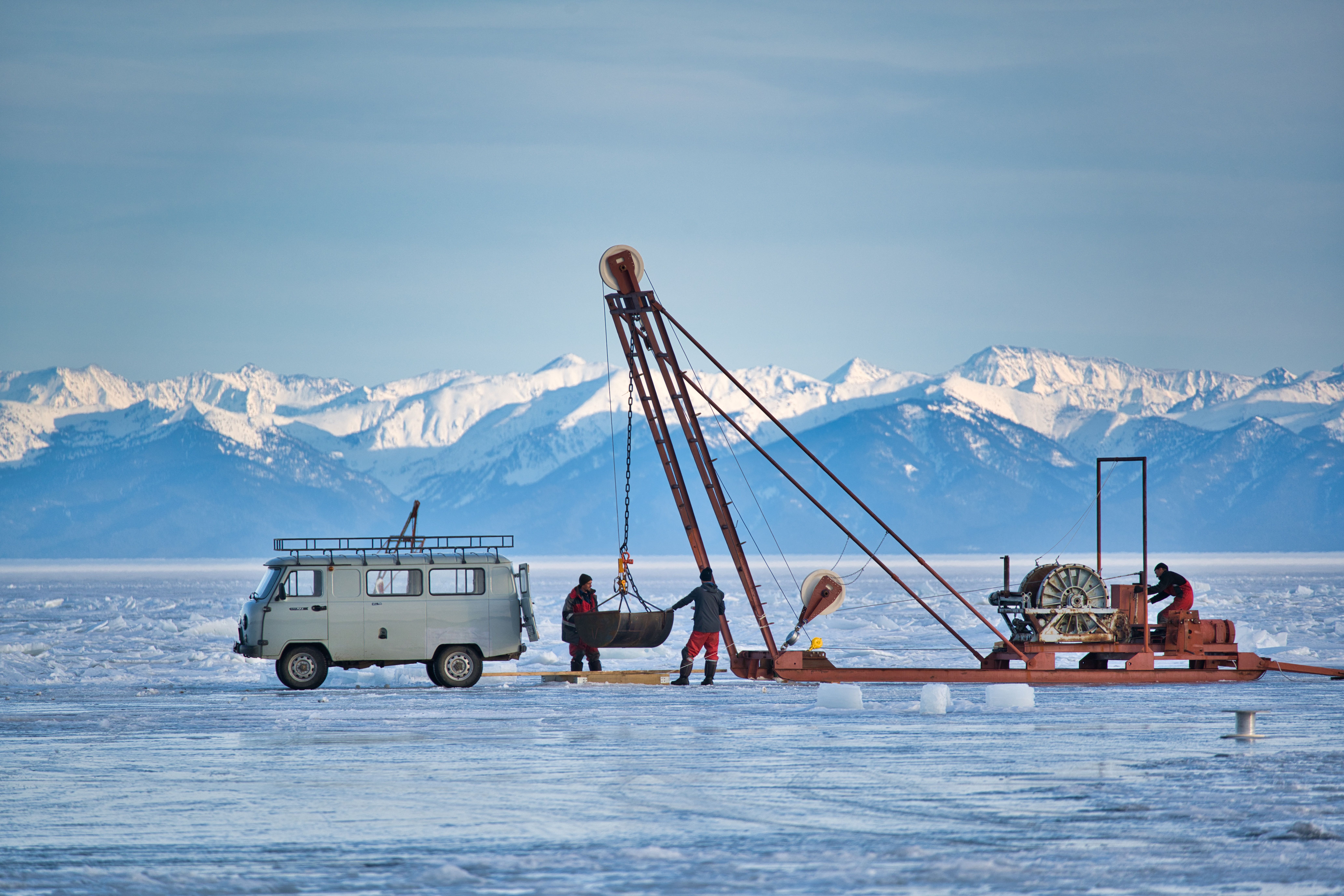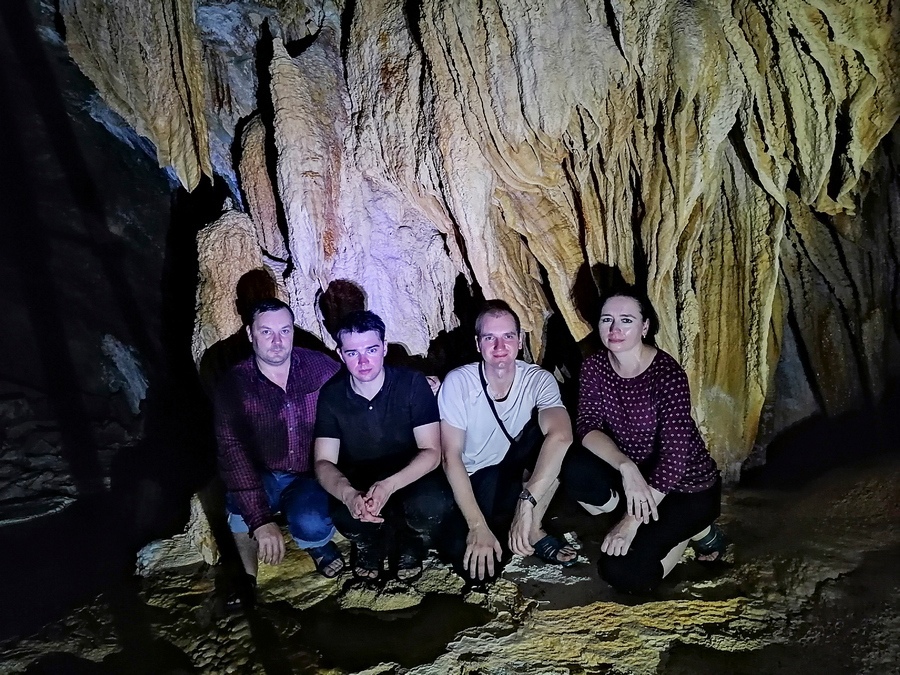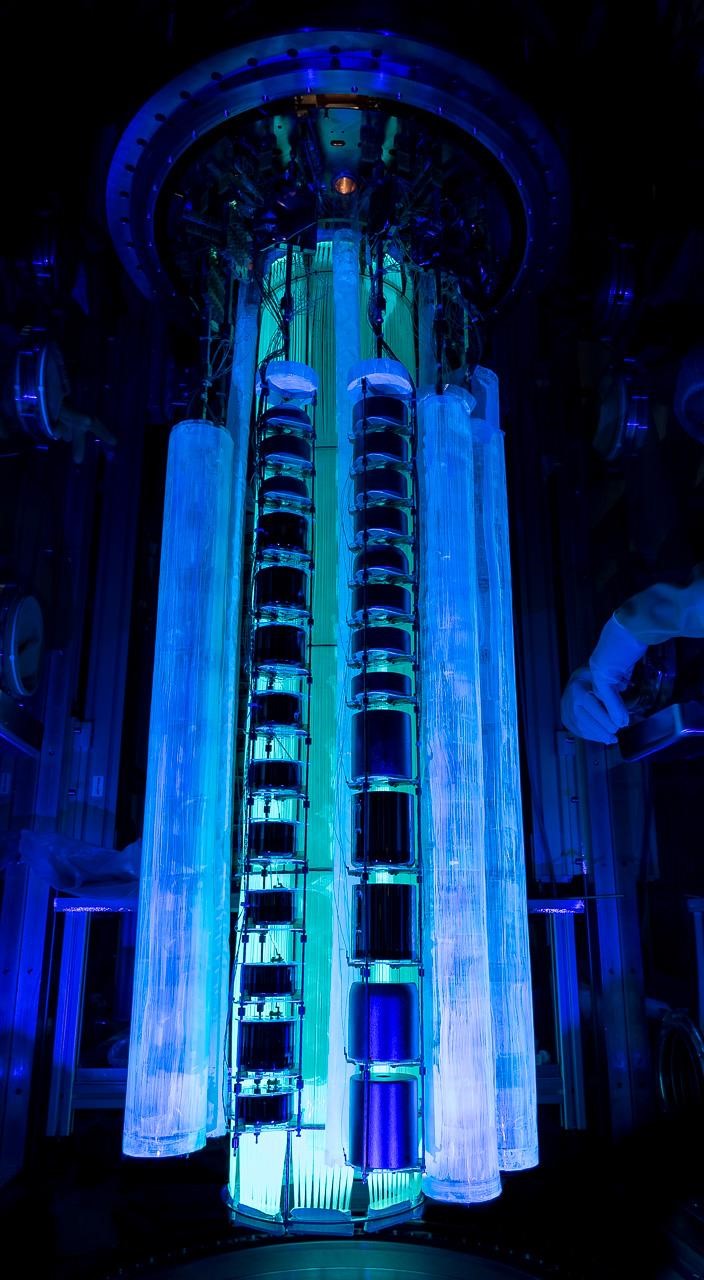Designing a New Polarized Target and Taking Data in the Crystal Barrel Experiment at the University of Bonn
Recently, the beam session at the ELSA accelerator of the University of Bonn has been completed. Scientists from the Sector of Low Temperatures (SLT) of the Dzhelepov Laboratory of Nuclear Problems were actively involved in it. The upgraded Crystal Barrel facility at the ELSA accelerator allows measuring double-polarization observables in reactions of photoproduction of neutral mesons. It is these measurements that are crucial to the search for “missing” resonances when studying the processes of photoproduction of mesons and hyperons on protons.
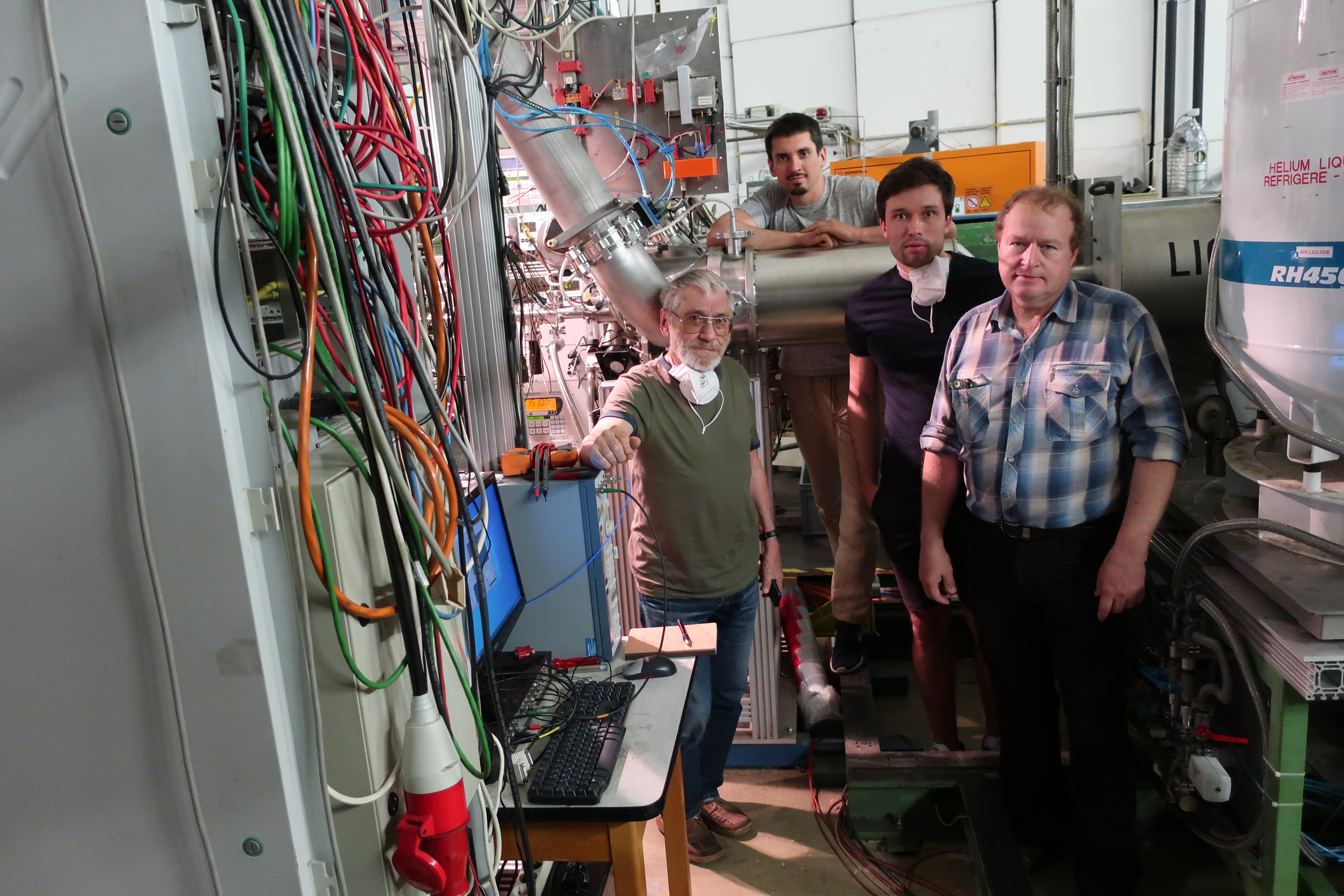
To perform the experiments of this kind, polarized targets are used which were obtained via exposure of a sample to the strong magnetic field (2-5 T) and low temperatures (below 50 mK). The lower the sample temperature, the longer the relaxation time, which reduces the number of breaks in data taking at the accelerator. To obtain and maintain such low temperatures, 3He/4He dilution cryostats designed at SLT are used, permitting the researchers to permanently reach cooling temperatures down to 20 mK.

Our colleagues I. S. Gorodnov, A. S. Dolzhikov, A. B. Neganov and A. N. Fedorov were involved in the beam session. They tested a new cryostat designed and manufactured at SLT. The cryostat is the core part of a new frozen polarized target designed for polarization experiments at the ELSA accelerator in Bonn. This polarized target was developed with concerted efforts of DLNP and two universities (of Bonn and of Mainz) to perform double-polarization experiments (beam + target).
This fruitful cooperation has its origins as far back as 2003. At that time, the SLT scientists started developing and designing a cryostat for the polarized target according to the agreement with the University of Mainz. Since the cryostat is a key unit dictating main parameters of such experimental facilities, its development and design are a serious methodological task successfully accomplished by our colleagues from SLT by the end of 2007. Later, this polarized target was recognized by experts at the international PSTP conference (Polarized Sources, Targets and Polarimetry) as the best in the world! This polarized target was successfully used at the MAMI accelerator of the University of Mainz by the international A2 collaboration till 2015. Almost at the same time, the shutdown of the ELSA accelerator was discussed at the University of Bonn. Much time passed, about 15 years, and it turned out that no new cryostat was developed due to different reasons for this experimental facility at this university. And the experiments with the polarized target covered the major part of the ELSA accelerator scientific programme! The SLT researchers proposed not only to transport the polarized target from Mainz to Bonn, as previously planned, for implementing the several-year-delayed experimental programme but also to manufacture in Dubna a new cryostat for the University of Bonn. About four years of tough efforts of both DLNP scientists and specialists from different JINR subdivisions were needed to complete manufacturing the 3He/4He dilution refrigerator of a new polarized target for collaborative experiments at the accelerator of the University of Bonn. Just several days ago, during the last beam session at the ELSA accelerator, the SLT researchers performed final tests of the new cryostat.
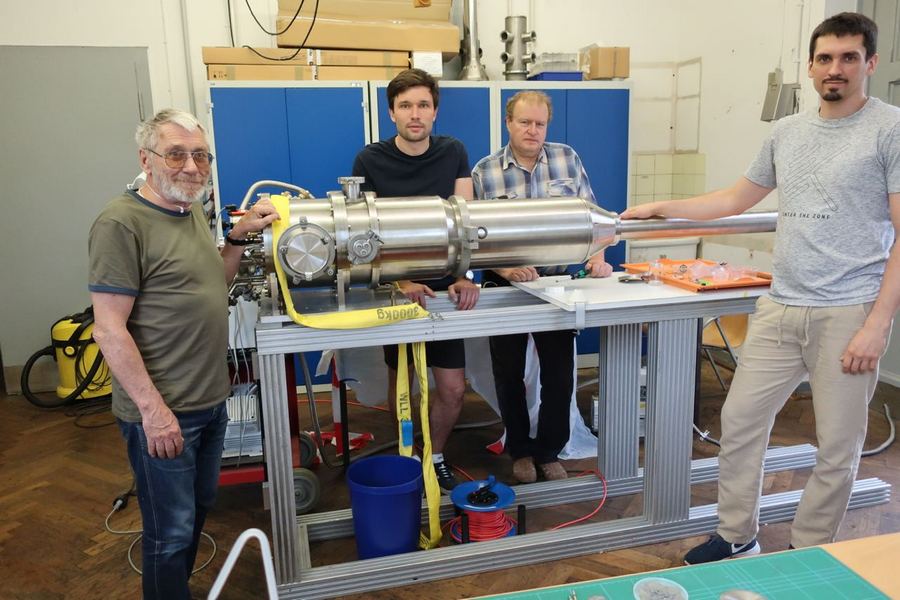 A. B. Neganov, A. S. Dolzhikov, A. N. Fedorov, I. S. Gorodnov | DLNP
A. B. Neganov, A. S. Dolzhikov, A. N. Fedorov, I. S. Gorodnov | DLNP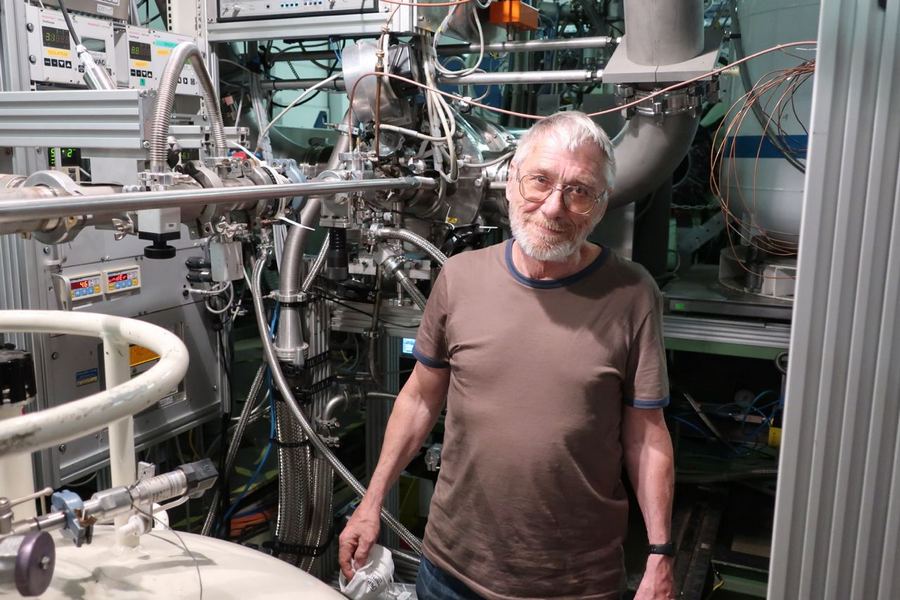 A. B. Neganov | DLNP
A. B. Neganov | DLNP
And the main thing is that the SLT scientists are also involved in development of a polarimeter for the MESA, a novel superconducting polarized electron accelerator at the University of Mainz, where the problem of precision measurement of electron beam polarization is to be solved. The core part of the polarimeter of this kind is the powerful 3He/4He dilution refrigerator. SLT has unique practical and methodological experience in this field. The expert group from VBLHEP headed by V. V. Fimushkin is also involved in development of the MESA accelerator polarimeter.
JINR and scientific institutions from Germany have a long cooperation history. At present, Germany, a founding country of our Institute, is one of our most important strategy partners. And this bright example of the fruitful collaboration between JINR and the Universities of Bonn and of Mainz with strong mutual responsibilities allows anticipating further high-standard scientific cooperation.
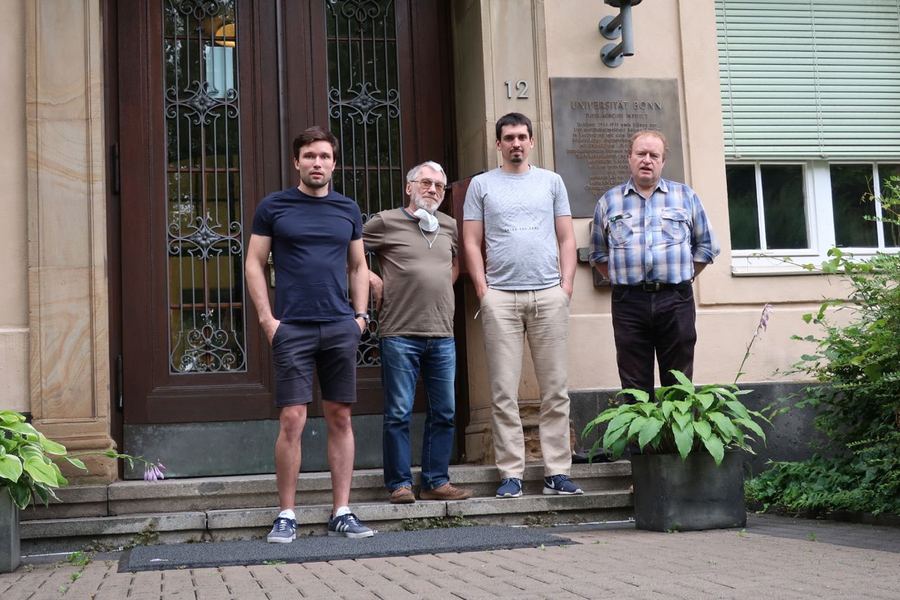 A. S. Dolzhikov, A. B. Neganov, I. S. Gorodnov, A. N. Fedorov | DLNP
A. S. Dolzhikov, A. B. Neganov, I. S. Gorodnov, A. N. Fedorov | DLNP


